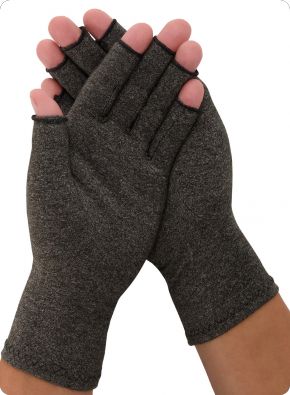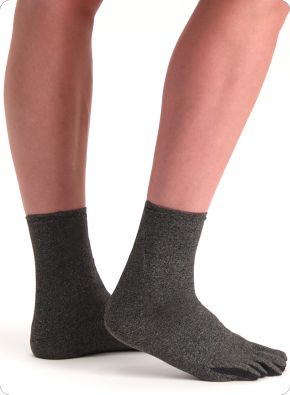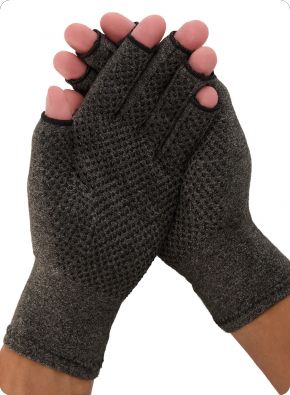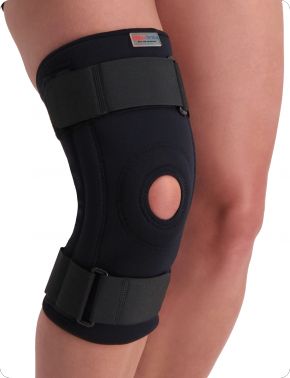Starting rheumatism symptoms
Anyone, at any age, can be affected by rheumatoid arthritis. Rheumatism is an umbrella term for all kinds of ailments that affect the joints, muscles or tendons. In this blog, we will tell you more about the beginning symptoms you may experience with rheumatism. Feel free to read on.
What is rheumatism?
Rheumatism takes various forms and affects the muscles, joints or tendons. It is an annoying condition with no obvious cause. In some cases, it is an autoimmune disease. This means that your own immune system turns against you and attacks healthy cells.
Most forms of rheumatism cause inflammation, stiffness and pain. This causes a lot of fatigue and movement restrictions in daily life. Complaints may decrease or increase throughout the day. It can affect all ages, so it is definitely not an age-related condition.

The first symptoms of rheumatism
Rheumatism is mainly recognised by pain and stiffness in the musculoskeletal system. This makes it harder to move, and you may experience difficulty getting going. Once in motion, things then seem to get easier. In addition, warm or swollen joints are also well-known symptoms of rheumatoid arthritis.
Rheumatoid arthritis is usually first noticeable in the hands and feet, while osteoarthritis usually affects the knee joint. The intensity of symptoms varies from day to day. For instance, you may not experience any symptoms one day and may experience them the following days. Humid weather, high winds and low air pressure can also worsen rheumatism symptoms.
Other rheumatism symptoms
There are a number of other symptoms you may experience with rheumatoid arthritis. These depend on the type of rheumatism. Some common symptoms of inflammatory rheumatism are:
- Painful joints
- Warm joints and tendons
- Redness & swelling
- Fever
- Fatigue
Some common symptoms of osteoarthritis include:
- Run-in pain
- Rubbing/grinding joints
- Pain when walking up and down stairs
- Radiating pain to thigh, knee, hip and/or groin
- Abnormal position of the fingers
- Thickening and distortion of the joint

Treatment
If you recognise the onset of rheumatoid arthritis symptoms and the symptoms have been going on for several weeks, it is advisable to see a doctor. The earlier the condition is diagnosed, the better. By intervening early, the damage can be limited, and it can be inhibited to some extent. Together with a rheumatologist, you can then discuss which treatment method best suits your situation. This may be in the form of physiotherapy, medication or an alternative therapy.















